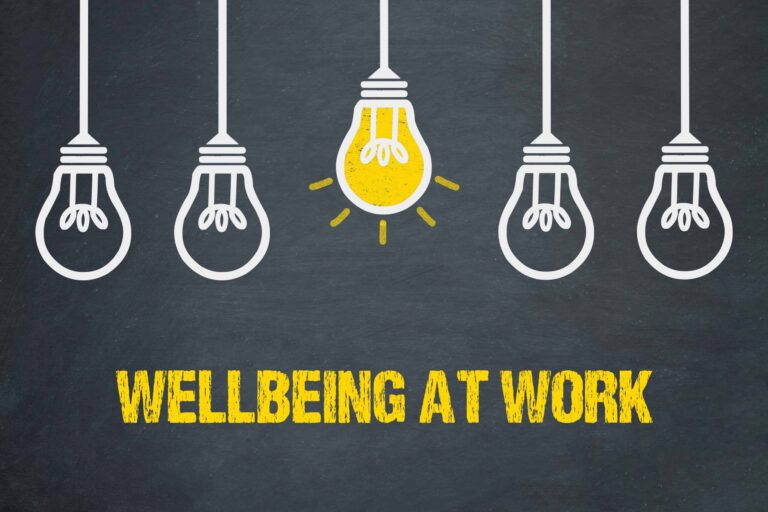New level EAP is vital as we continue to navigate the pandemic and the move to a more agile way of working with more people working remotely talk turns to the rising challenge of mental well being and how we best support our people.
Mental health and mental well- being aren’t new, these have been topics that have been on the rise for several years as we see the challenges of our despair and compare society. The worrying increase of suicides and the increase in anxiety depression and other mental health challenges is a cause for concern.
As leaders, we understand our responsibility to provide the right care support and guidance for our people. Organisations have spent millions of pounds implementing employee assistance programmes to support their employees at times of challenge. These programmes provide invaluable support; however, in my opinion, they are too often the ambulance rather than the prevention, to make a change we need to view the problem through new eyes.
I believe we need to do more to be able to identify the early warning signs and view these assistance programs as wellness programs AS WELL AS mental health assistance programs. In our corporate lives, how can we better educate, upskill and empower our leaders to be able to safeguard their people? I believe there is a need to review the approach to Employee Assistance Programs. Leadership Development strategies need a fresh new look at continuous improvement and sustaining wellness AS WELL AS mental health and embrace BOTH methods.
New Level EAP (Employee Assistance Programmes) are vital to spot early signs of employees who are struggling with mental wellbeing challenges.
Our inability to spot the early signs to provide the right support to find the appropriate solution is causing untold costs not only in terms of the impact on the individuals but also on the bottom line of the organisation.
According to the Mental Health Organisation, UK having better mental health support could save organisations in the UK up to 8 billion pounds per annum. In their Mental Health Network statistics, they state that 1 in 6.8 employees suffer from mental health challenges they go on to state that you could attribute 12.7% of absence days to mental health also.
So much has been done to create a self-serve option for employees, but we know that those people suffering aren’t always in a position where they can help themselves. They can’t always find the words to seek for help. It is in those moments they need us to step in to have their back to look out for them to see the early signs and to listen to become the lifeboat they can cling to when the storm is swelling.
As we move into the new world and embrace constant change, the ‘always-on society’ needs to engage, empower and enthuse our people sustainably — this rests on our emotional intelligence and ability to connect.
Our current employee assistance programmes provide a significant amount of support for those people who were able to reach out to them, but what about those who can’t.
Too often over the years I have seen the approach to employee assistance programmes is not dissimilar to our approach to training, we send people on courses like it’s a cure for cancer. I see leaders the world over going, but I sent you on a course. Yet, we all know that it’s not just what you learn in training; it’s the support you’re given to embed that knowledge that is critical. If we all did even half of what we knew how to do, we would astound ourselves. We instead impart more and more knowledge without changing the behaviours, which are critical to change the results.
If organisations were to delineate between Wellness and Mental Health, this would be a good start. What is the strategy to ongoingly develop our people when they are WELL and what is the approach we need to adopt/create for when our people are struggling to cope — applying a dovetailed strategy where EAP programs are concerned is not only an invaluable investment but the return will speak for itself.
If this resonates with you please get in touch to see how we can support you. hello@mastermindset.co.uk
This post was originally posted at www.kimadele.org/blog
Links — https://www.mentalhealth.org.uk/statistics/mental-health-statistics-mental-health-work

